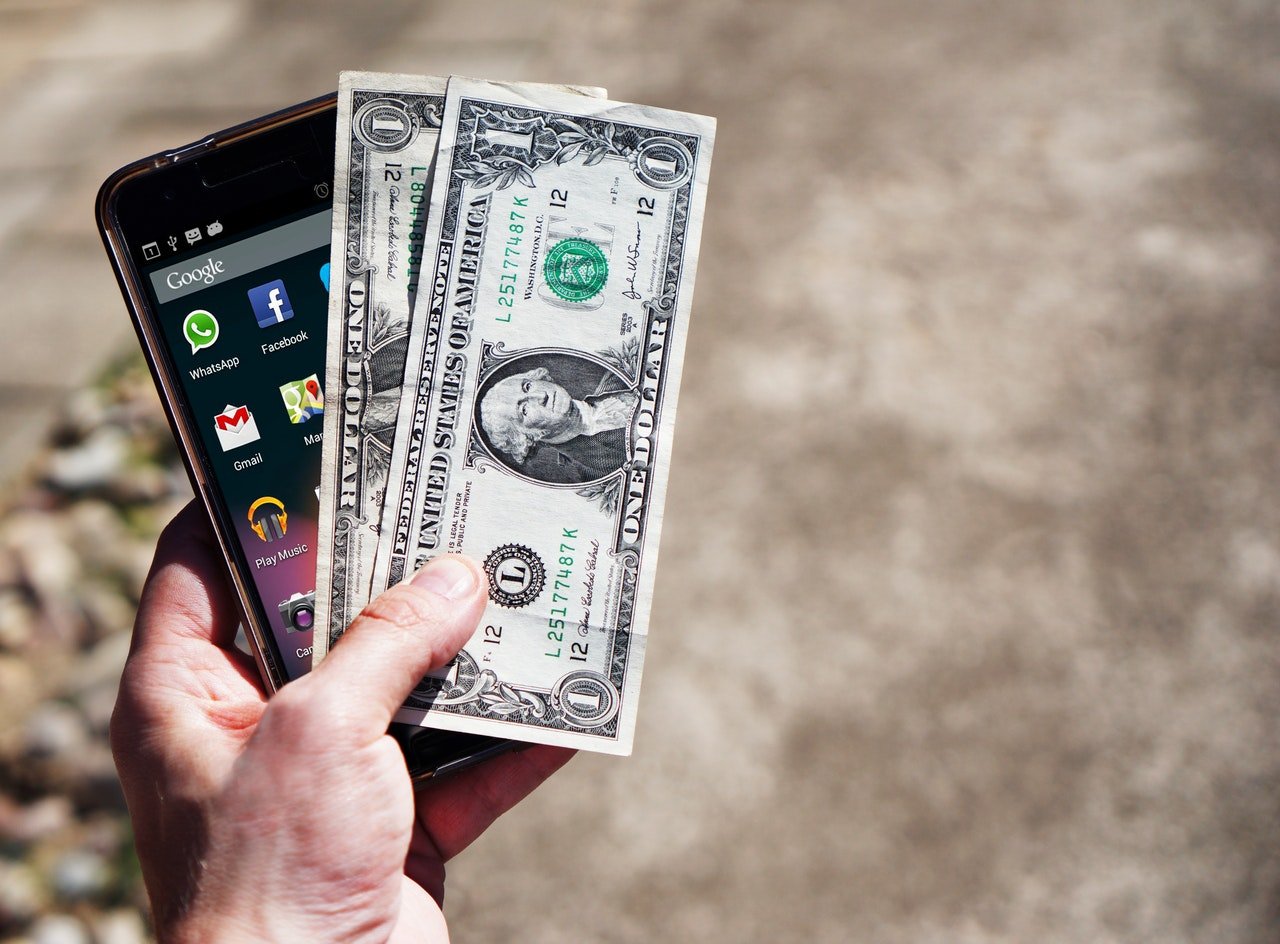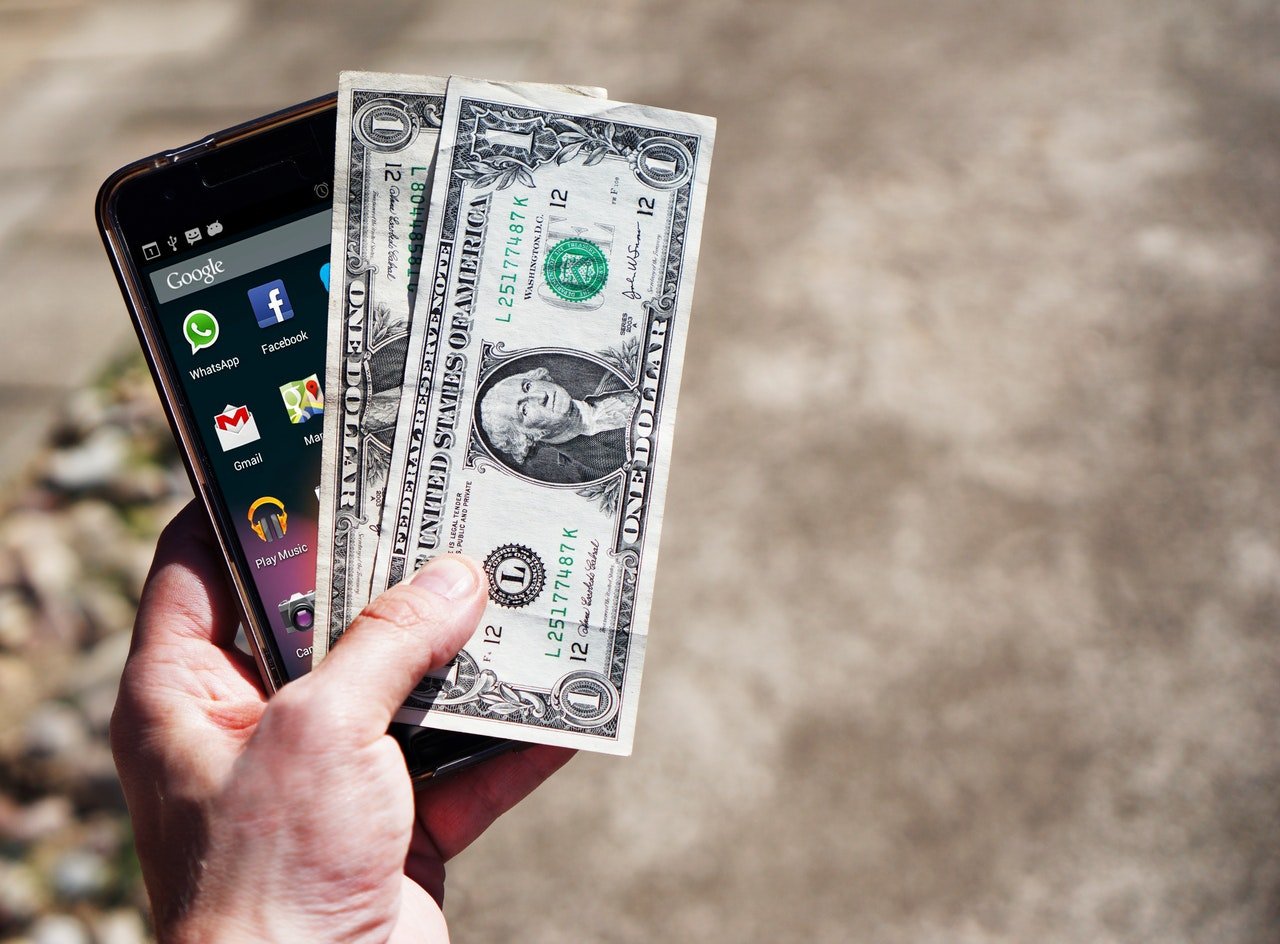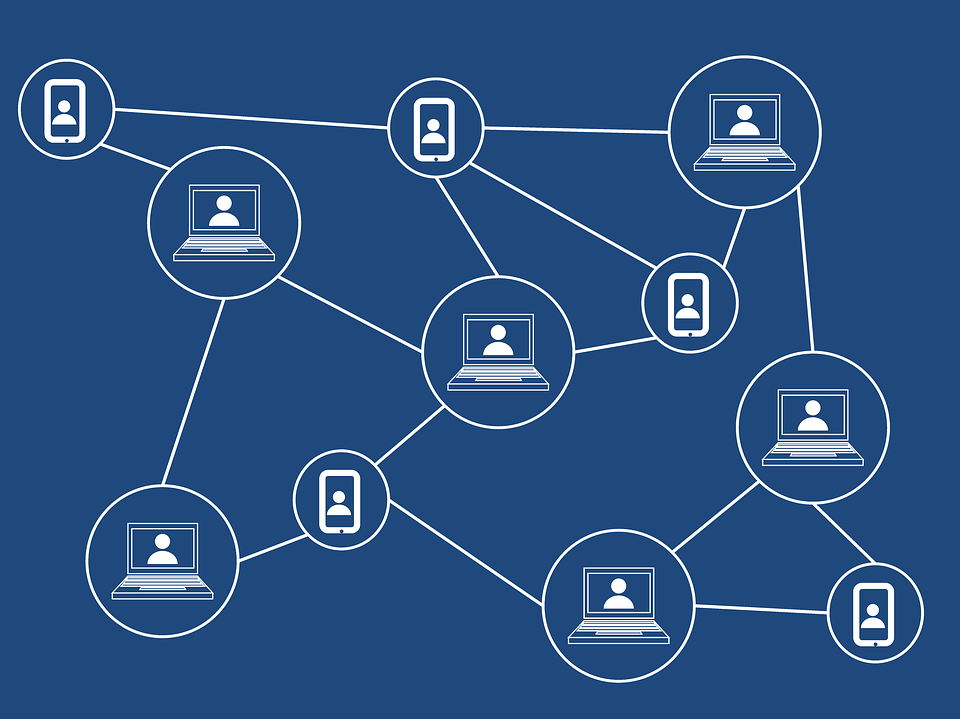How can Blockchain technology topple the FinTech market
Blockchain is transforming everything! Be it payments transactions or how money is raised in the market, this life-altering technology is...


As the global economy evolves, so are the ways people pay. Once upon a time, Money became sovereign, before credit and debit cards took their place. Now wireless and contactless payments give cash as well as plastic a run for their money.
In many countries around the world, buyers were quick to adopt alternative methods of payment, enticed mainly by their safety and convenience. Across the globe, but particularly in countries such as India, Kenya and the Philippines, cashless systems such as Immediate Payment Service (IMPS) and the Unified Payments Interface (UPI) are proving to be a game-changer in the payment and remittance industry. Through these systems, senders can safely and easily transfer funds at a rate cheaper than conventional remittance channels such as banks or credit cards. Alternative payment methods driven by mobile phones and online portals are becoming increasingly common in developed countries, ranging from ticket purchases and charity donations to eCommerce and phone ups.
A digital wallet is a software based eCommerce transaction processing system. Laptops, tablets or smartphones, using a digital wallet make online purchases easy. In addition, individual user's bank accounts are connected to their digital wallet. During withdrawals, user passwords are encrypted and checked safely within a digital wallet program.
Today, digital wallets are more popular but they are not unique. PayPal was launched in 1998 and became the first payment wallet. The advent of cell phones then broadened the possibilities of digital wallets. Digital wallets are also the solution for millions of customers who shop in brick and mortar stores, since some require payment directly from a smartphone at a point of sale.
The booming use of smartphones has demonstrated that digital wallets are the way of the future. For several things, people probably still depend on your devices, from connecting with friends to updating your calendar. You may add money to the list with a mobile wallet-whether you are in a supermarket or shopping online.
Here's the advantages a Digital Wallet offers
You do not have to carry a lot of cash with you anymore. All you need to do is press your smartphone into the receipt of payment or search your mobile device to pay for the things you are purchasing. Due to this, you can ensure that you do not carry a bag of things anywhere you go any longer.
Losing the credit card ensures you have to call each issuer to revoke your payment, and then you have a fresh one. The information is stored with an online wallet through a third-party vendor. It is stuck behind your biometrics or password.
Usually digital wallets offer all of that functionality free of charge. Nonetheless, certain purchases may come with a flat fee, like reloading a prepaid card from a different source, like a credit card, inside the pocket. Nevertheless, the ease and usability of a digital wallet will not cost anything extra for most purchases.
Money wallets made money quick and easy to send and receive. On top of that, there are actually no exchange costs charged on it being exchanged wherever, anywhere, making it a preferred alternative.
In the US, in 2016, NFC transfers registered only for $75 billion in purchases. This number is expected to jump to $500 billion by 2020, an increase of 80%. "29% of Americans currently make fewer weekly cash purchases, with the percentage of people who use cash for everything falling from 24 to 18 % since 2015," a major credit card company reports.
NFC-enabled telephones interact through NFC card machines via radio frequency recognition in close proximity. For transferring the information that is money, these mobile phones are not required to touch the point of sale. We need to reach it though if it is only a few centimeters from the terminal.
Biometric technologies such as fingerprint, ear, or iris scans allows mobile payments quicker, more secure and provides an extra layer of security while also removing the need to recall passwords. More than 18 billion biometric transactions will happen each year by 2021, according to industry estimates. Biometric security has been used in digital wallets including Apple Pay and Android Pay. Now it is obvious that this pattern will have its place in the future and in the ongoing development projects for the eWallet device.
Now all over the world the biometric authentication method is becoming popular. Payment systems now switch to innovative methods.
In the last 3 to 5 years, Artificial Intelligence (AI) has been rapidly improving and making its way to one of the key emerging technologies. Therefore, AI can handle daily customer interactions now with ease. One place you probably have encountered with AI technology is chatbots that are used by brands and eCommerce stores.
These AI-based chatbots essentially help companies address the problems facing their customers. AI has discussed the opportunity that embedded a dramatic transformation with the dedication to operational efficiencies to make payments.
Today among a growing number of households, smart speakers are morphing into a standard. A Statista study shows that 82% of people were using Smart Speakers to obtain information. On the other side, with the aid of smart speakers, 35% of people bought goods.
In the case of online payments, nearly 28% of consumers made a direct payment for their transactions or sent money. Driven by tech heavyweights including Amazon, Google, and Apple, smart speakers allow consumers to chat, order, and obtain voice responses. Consumers can do everything from having weather reports, scheduling a restaurant table or shopping online
Crypto-currency is headed towards income history. It would probably slowly get a legal or approved currency. It can be well inferred, based on research, that the crypto-currency wallets are safe and appropriate. The basic reason behind that is a minimal additional expense compared to paying in physical money.
There are dozens of mobile apps that support various crypto currencies. In addition, as you could expect, businesses that incorporate this technology are expected to thrive better over the long haul than others. This is because crypto-currency removes the need for a third party in the payment process
Given the proliferation in mobile payment support, however, there is still plenty of space for advancement and development, especially as more sophisticated mobile wallet technology develops. Mobile payments have grown over the past five years, and have expanded and developed. World mobile wallet consumption rose to $1.35 trillion in 2017 by more than 30 per cent, according to a survey.
When customers become more tech-savvy, if a company wants to remain ahead of the competition, these mobile wallet patterns must be granted an undivided attention. Smartphones are developing to enable new payment capabilities. This has revolutionized digital payments along with technological advances in payment access and security. This shift has been enabled by technological advances such as more affordable smartphones and the growing footprint and speed of mobile telecommunications networks, as have socio-economic factors.

Blockchain is transforming everything! Be it payments transactions or how money is raised in the market, this life-altering technology is...
 Read More
Read More